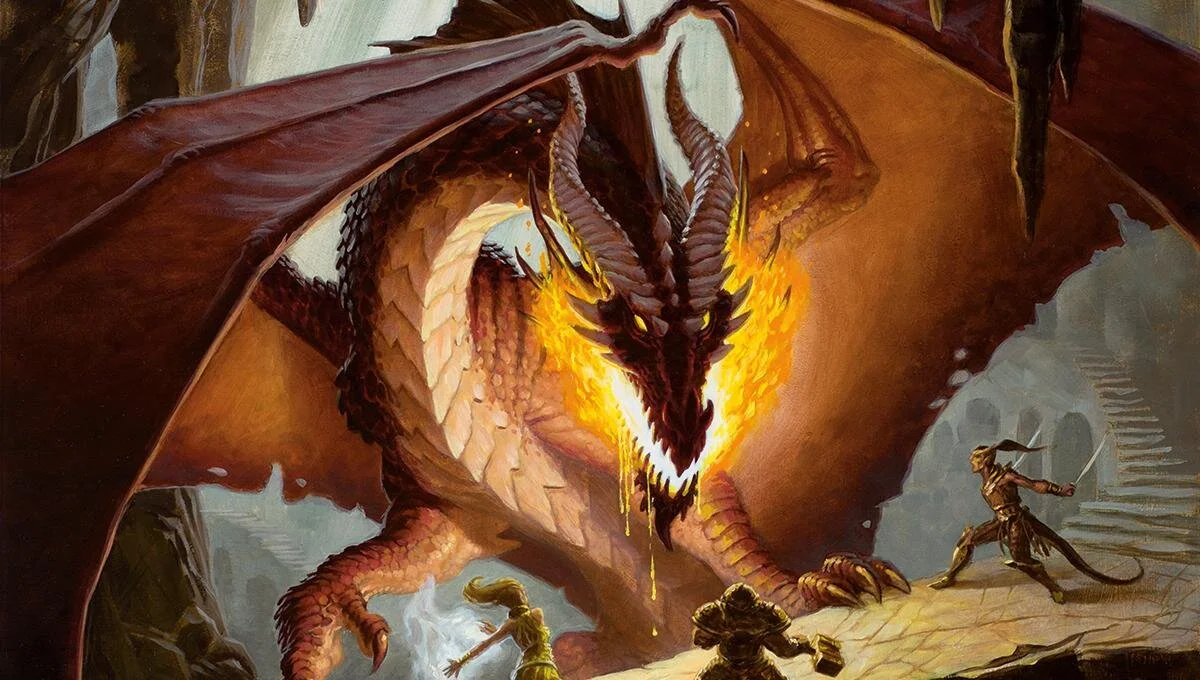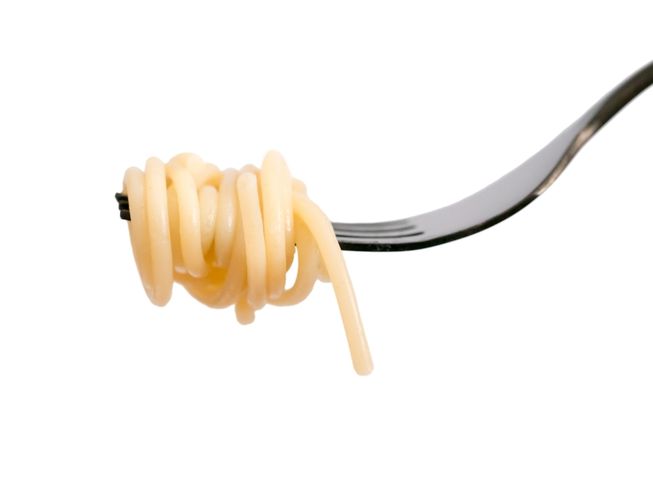Dungeons & Decency
One of my many amazing experiences at DragonCon this year was a brief session of Dungeons & Dragons (D&D), a role-playing game where you create a character and, together with a group of friends (or strangers who quickly become friends), you traverse through an epic fantasy story.
This weekend, I went to a local store to pick up where I left off after DragonCon. I’d never tried playing in a local league before, but everyone seemed very kind and open to new people, and I soon found myself at a table, eager to begin. I was joined at the table by a group leader, called a Dungeon Master (DM), who facilitates the story, as well as one adult player and three kids.
While two of the kids started working quietly on their character sheets, perusing their books to learn the rules, one boy, Adam (name changed for privacy), immediately started getting overexcited. I didn’t think too much of it, assuming he was simply being a kid, but it became clear to me as soon as gameplay began in earnest that there was more going on.
He played the game like I would have as a kid, if I’d known it existed. He focused on the smallest points of the story and obsessed over them, repeating over and over and over that he needed to do certain things in the game and then doing everything he could to achieve his goals even when the DM, who sets the rules, explicitly said no. He took up all the time that would usually be used for interaction between the different people playing, and consistently monologued over everyone else whenever they tried to talk. He broke many spoken and unspoken rules of social etiquette in D&D and seemed completely unable to stop.
I quickly noticed the other young boy poking him in the side and telling him to stop, first casually, then insistently, much as my family tried to do when I was little. I fell quiet, as did the other players. I had no idea what to do, and was silently thankful that it wasn’t my place to decide. D&D, after all, is ruled by the DM. It was entirely up to him to decide what would be done about Adam.
I began to wonder: How was the DM going to facilitate the group to ensure everyone’s happiness?
One option that I’ve encountered plenty of times is simply ejecting the “problem” person from the group. Everyone heaves a sigh of relief and continues to play, but that only reinforces to a child who has likely heard from many other people in his life that he is a problem that he can’t have friends if he continues to act the way he does. For me, who was mostly unable to control this behavior as a child, it told me I couldn’t have friends.
Alternatively, a DM can choose to avoid confrontation altogether, and simply let the one person talk over everyone else for the whole game. This works for the one person, in the short term, but it can also be damaging in the long term. Even though it can be a painful lesson, the person never learns that cooperation and letting other people participate is necessary in working with others, in every situation from school to work to interpersonal relationships. Not to mention, the other players in the game lose what they came there for - a participatory experience - and are less likely to want to come back in the future, meaning the club could lose some members.
In my experience, the incessant repetition and hyperfocusing on a single, specific idea was something I couldn’t control. It hammered at my mind and I simply had to let it out, even if it was the fifteenth time I was saying it in only a few minutes. No matter how hard I tried to suppress everything I wanted to say, it felt so compelling to me that I simply couldn’t keep it on the inside.
The worst part was, I knew it was annoying. I knew what the stares and whispers meant, but I felt powerless to stop myself from giving people yet another reason to not want to be my friend.
People quickly began looking at this boy this way. I was beginning to feel frustrated too, and although I understood that he likely couldn’t help it, it was still annoying to not be able to participate.
The DM ended up improvising a system that worked better than anything I’d thought of, especially in the heat of the moment, that really impressed me and the other group members - and Adam himself, who was able to have fun and be part of the group.
The DM adapted a system generally used in battle scenes, where everyone takes turns describing a brief action their character says or does, and implementing it outside of battle.
Basically, what this meant was that he had everyone roll a die, and we could have a few minutes to do whatever we wanted in order of who got the highest roll. Adam got to take his turn and do and say the things he needed to do and say, but then there was a clear-cut reason for the DM to say “please wait for your turn” when it wasn’t his turn.
Putting this more restrictive structure in place did take away from some of the player-to-player interaction, but it ended up working really well. The people at the table who were quietly unsure of what to do started to find their voices, and we started coming together as a group. The two other kids at the table joined in on Adam’s shenanigans towards the end, and it made me smile to see the other kids opening up to him and including him.
Even though the situation felt insurmountable at first, I was thrilled that the DM was able to find a solution that worked for everyone. It was refreshing to see that there was a middle ground between excluding Adam completely and letting him take over everything the group was doing, and it gave me hope that more and more people can find this middle ground and help kids like Adam (and me) find their place within a social group.
Ellie, a writer new to the Chicago area, was diagnosed with OCD at age 3. She hopes to educate others about her condition and end the stigma against mental illness.






